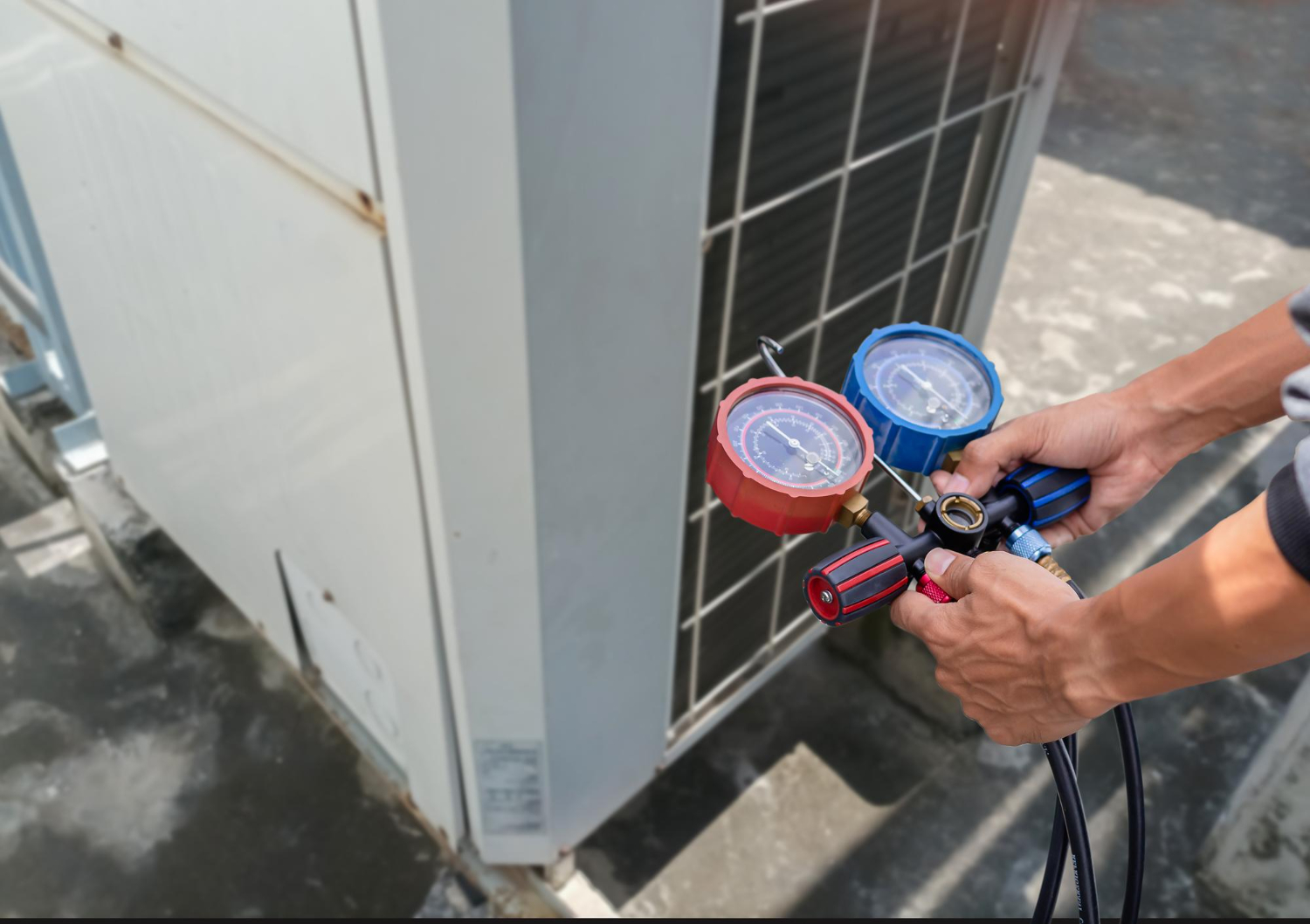Maintaining a comfortable home environment is essential for your well-being. Your HVAC system plays a crucial role in making that possible by regulating the temperature and ensuring good air quality. However, as with any home appliance, HVAC systems do not last forever. Over time, wear and tear can reduce their efficiency and performance, leading to various issues.
Common Indicators of an Outdated HVAC System
An outdated HVAC system often shows several signs that should not be ignored. One of the most noticeable indicators is inconsistent temperatures throughout your home. If some rooms are warmer or cooler than others, your HVAC system may struggle to maintain a consistent temperature, suggesting it could be time for an upgrade.
Another clear sign of an outdated system is the presence of excessive dust or poor air quality. As HVAC systems age, they lose efficiency in filtering out dust and allergens, leading to a noticeable decline in indoor air quality. If you or your family members are experiencing more frequent allergies or respiratory issues, your HVAC system might be to blame.
Additionally, unusual noises coming from your HVAC system are a red flag. Sounds such as banging, clanking, or squealing often indicate mechanical issues within the system. These noises can be a sign that your HVAC components are worn out and may soon fail. Addressing these issues promptly can help you avoid more significant problems down the line.
Finally, consider the age of your HVAC system. Most systems have a lifespan of 10-15 years. If your system falls within or exceeds this range, it’s likely less efficient and more prone to breakdowns. Upgrading to a modern system can offer improved performance and reliability.
Energy Efficiency and Rising Utility Bills
Energy efficiency is crucial for both environmental reasons and managing your utility bills. An outdated HVAC system typically consumes more energy to deliver the same level of comfort. If you’ve noticed a steady increase in your utility bills without a corresponding increase in usage, your HVAC system may be the culprit.
Older systems often struggle to heat or cool your home efficiently, leading to longer run times and higher energy consumption. Lack of modern technology and worn-out components can make it difficult for an aging system to meet your home’s heating and cooling needs without straining itself.
Another indicator of decreased energy efficiency is short cycling. Short cycling occurs when your HVAC system continuously turns on and off without completing a full cycle. This not only increases energy consumption but also places additional wear and tear on the system. If you observe this behavior, it’s a strong sign that your HVAC system is inefficient and may need an upgrade.
Modern HVAC systems are designed with advanced features that enhance energy efficiency. Technologies such as variable speed motors and smart thermostats help maintain a consistent temperature more effectively while using less energy. Upgrading to a newer system can result in lower utility bills and a more environmentally friendly home.
Regular maintenance and inspections are crucial for identifying inefficiencies in your system. Our professionals can assess your current HVAC setup and provide recommendations for improvement, ensuring that your home remains comfortable and energy-efficient.
Frequent Repairs and Maintenance Issues
Frequent repairs and maintenance issues are strong indicators that your HVAC system is nearing the end of its lifespan. If you find yourself calling professionals for repairs more often than usual, it might be time to consider an upgrade. Constant breakdowns not only cause inconvenience but also add up in costs over time.
Repeated issues such as refrigerant leaks, failing compressors, and faulty electrical components suggest deeper problems within the system. Each repair might offer a temporary solution, but ongoing issues signal that the system is wearing out. The cumulative cost of frequent repairs can become quite significant, often surpassing the cost of investing in a new, more reliable HVAC system.
Additionally, older HVAC systems might not efficiently handle the demands of newer homes or recently updated properties. If your system was installed years ago, technological advancements and changes in home construction could mean your current unit is no longer adequate. Upgrading to a new system will not only resolve frequent repair issues but also ensure that your HVAC meets the current standards and requirements for your home.
Benefits of Upgrading to a Modern HVAC System
Upgrading to a modern HVAC system offers multiple benefits that can enhance comfort, efficiency, and peace of mind. One of the primary advantages is improved energy efficiency. Modern systems utilize advanced technology, such as variable speed motors and smart thermostats, to provide consistent temperatures while using less energy. This translates to lower utility bills and a reduced carbon footprint.
Another significant benefit is enhanced indoor air quality. New HVAC systems come equipped with superior filtration and humidity control features. These improvements help remove allergens, dust, and other pollutants from the air, creating a healthier living environment for you and your family.
Modern HVAC systems also offer better reliability and fewer repair needs. With updated components and materials, new systems are designed to last longer and operate more efficiently. This means you can enjoy uninterrupted comfort without the constant worry of unexpected breakdowns. Additionally, many new systems come with comprehensive warranties, providing extra peace of mind.
Enhanced comfort and convenience are other key benefits. Many modern HVAC systems are compatible with smart home technologies, allowing you to control your home’s temperature remotely via your smartphone. This level of control helps you maintain optimal comfort with minimal effort.
Conclusion
Upgrading your HVAC system is a decision that brings numerous benefits to your home. From recognizing signs of an outdated system to understanding the impact on energy efficiency and repair costs, taking proactive steps ensures a comfortable living environment. A modern HVAC system offers improved reliability, better air quality, and significant energy savings, making it a worthwhile investment.
If you’re noticing frequent repairs or rising utility bills, it may be time to consider an upgrade. At Johnson Refrigeration Inc, our professionals are here to help you make the best choice for your home. Contact us today to schedule an evaluation of your HVAC in Blythe, CA. Let us help you experience the benefits of a modern, efficient, and reliable HVAC system in your home!



